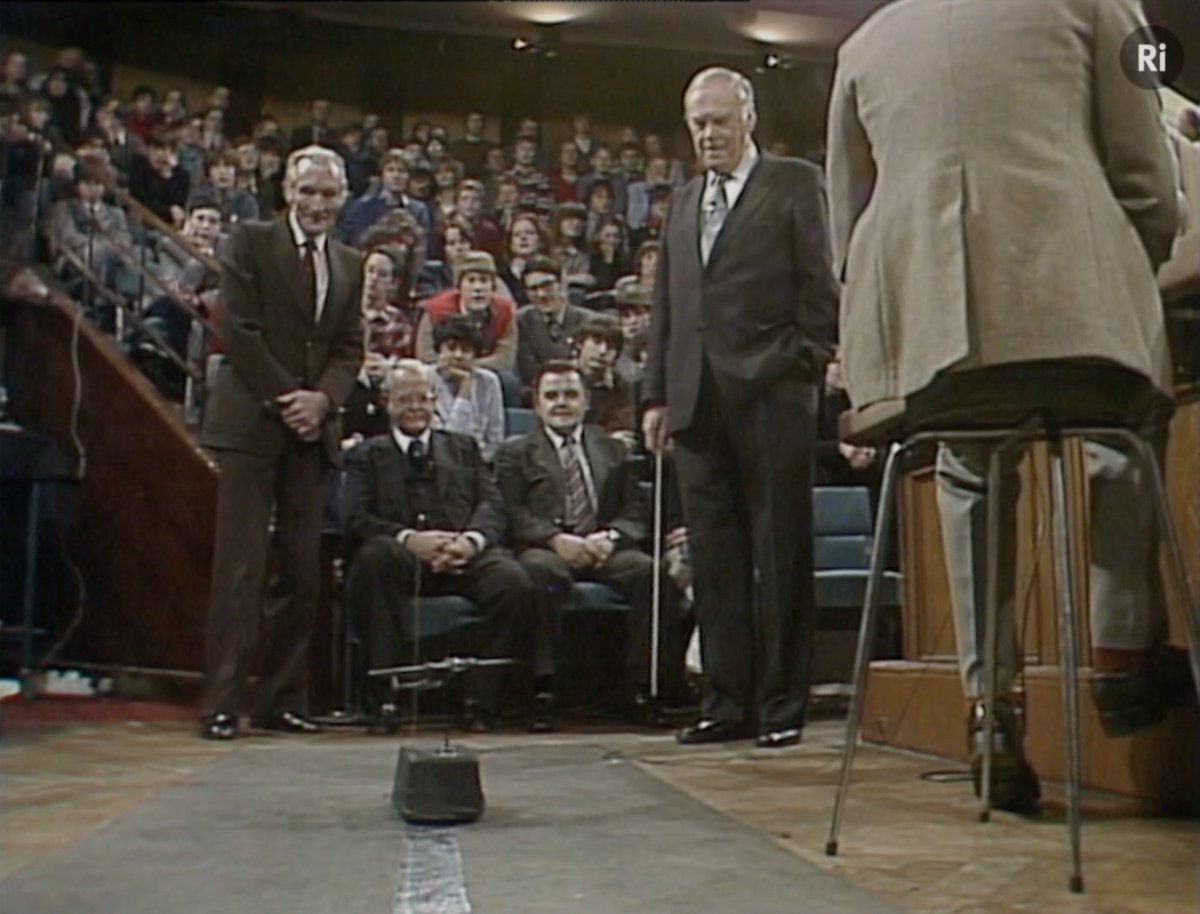
There's a bit in Spike Milligan's memoirs where he talks about two fellow gunners who, after a brutal few months in the line, went a bit too mad on leave. Got too drunk in Alexandria overstayed their pass.
On their return, they were hauled in front of Major Chatterjack...
On their return, they were hauled in front of Major Chatterjack...
https://twitter.com/hurrytowait/status/1341828590351093771
"Well gentlemen," The Major says to the two men now under escort by MPs and up on a serious charge, "What do you have to say for yourselves?"
"We was pissed sir."
"Such honesty cannot go unrewarded." Chatterjack said instantly. "Case dismissed."
"We was pissed sir."
"Such honesty cannot go unrewarded." Chatterjack said instantly. "Case dismissed."
Great example of how a good officer knows when to enforce the letter of the law, and when to judge that your men have been pushed to breaking point, not broken, and need to be cut a break of their own.
There was a reason they all loved him as an officer.
There was a reason they all loved him as an officer.
The same applies in management, not just combat.
A good manager knows when to cut some slack for someone being a bit late, knows who'll take that in the spirit you'll intend, and knows who is their own worst enemy if you treat them that way.
A good manager knows when to cut some slack for someone being a bit late, knows who'll take that in the spirit you'll intend, and knows who is their own worst enemy if you treat them that way.
And you learn that by treating your staff as real people, listening to them, watching them and getting to know then over time.
You need to know whether they like or hate praise, whether they need you to give them a tight framework or just set goals.
You need to know whether they like or hate praise, whether they need you to give them a tight framework or just set goals.
A manager's job IS NOT TO TELL PEOPLE WHAT TO DO.
It is to build frameworks that allow people to meet their (and by definition your) objectives, in the best way they can.
Because when you help them fly, you fly too.
It is to build frameworks that allow people to meet their (and by definition your) objectives, in the best way they can.
Because when you help them fly, you fly too.
• • •
Missing some Tweet in this thread? You can try to
force a refresh












